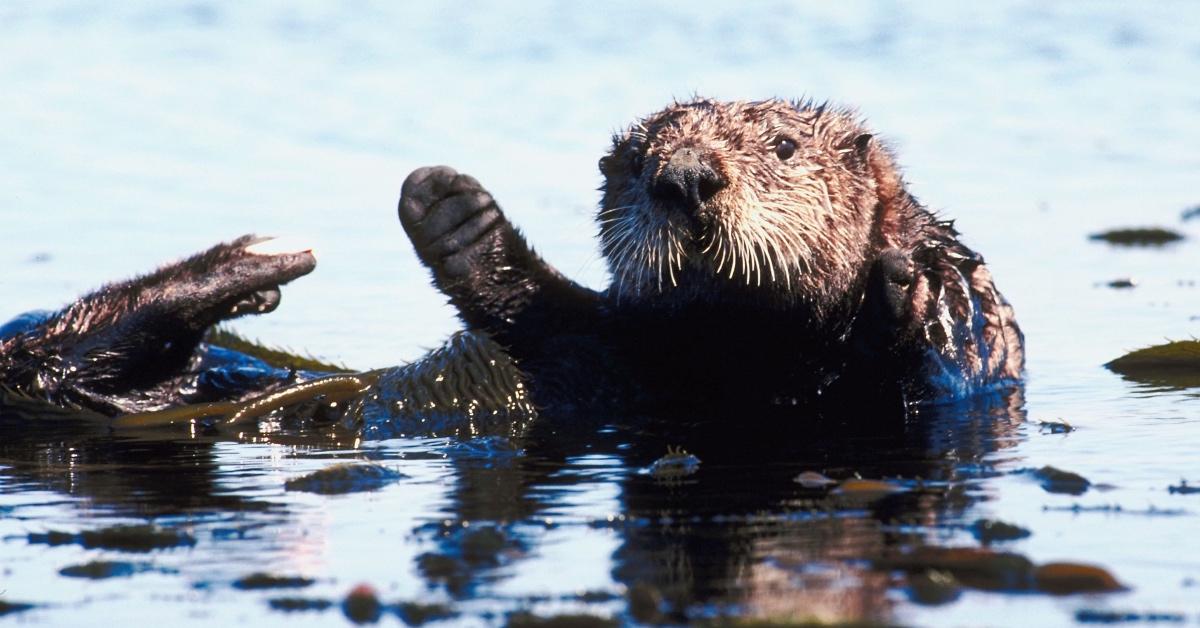3 Women Were Injured in a Rare Otter Attack — Here's What to Know
Updated Aug. 18 2023, 11:45 a.m. ET

One of the elements of the ongoing climate crisis is ocean warming, which has inevitably pushed marine life closer to the shoreline. The human and animal conflict has only increased, with an uptick in shark attacks, bear attacks, and now, otter attacks. Coastal creatures are losing their habitats, and humans are desperate to be in the water to cool down from soaring global temperatures, a recipe for disaster.
On August 2, 2023, three women were injured in a rare otter attack in Montana while tubing on the Jefferson River. Here's everything you need to know about the situation, explained.

Three women were injured in a rare otter attack on the Jefferson River in Montana.
On Aug. 2, 2023, three women were injured in a rare otter attack on the Jefferson River in Montana. The attack occurred at 8:15 p.m. while the women were floating in inner tubes roughly three miles upstream from the Sappington Bridge, according to a press release by the Montana Fish, Wildlife and Parks (FWP).
The women saw several otters before one attacked them. The women then ran out of the water, and the otter swam away. Shortly after, they called 911, to which several organizations responded, including the Montana Fish, Wildlife and Parks Service.
All three women were injured but received treatment in nearby Bozeman. However, one of the victims' injuries was serious enough to be taken to a hospital via helicopter. Per CNN, all three women received multiple doses of rabies vaccine.

In response to the attack, FWP staff members posted signage in several fishing access locations advising people to be aware of otter activity, the FWP statement says.
Why do otters attack?
Although otter attacks are rare, there are times when they display aggressive behavior. According to Outside, otters are extremely territorial and may attack if they perceive you as a threat to their young or food source. They can swim up to seven miles per hour and have sharp canine teeth for a "formidable" bite.
In 2011, a study by the Oceanographic Environmental Research Society revealed that since 1875, there have only been 39 documented otter attacks, with most of them taking place in Florida.

Otter attacks have become less rare in recent years.
In 2021, Live Science reported a group of otters was attacking humans and their dogs in Alaska, leading to several victims getting injured and one child requiring a rabies vaccine after sustaining puncture wounds to his thighs and legs. The journal also reported that otter attacks occurred in 2019, in two separate instances of dogs swimming in a lake and subsequently being dragged underwater by otters.
While unproven, otter attacks could likely become more common as climate change increases the seawater temperatures and levels, increasing the odds of human-marine life encounters.
When traveling to a coastal area, it's important to remember any signage that warns about animals nearby and not to interact with or bother the creatures.
This article, originally published on Aug. 4, 2023, has been updated.